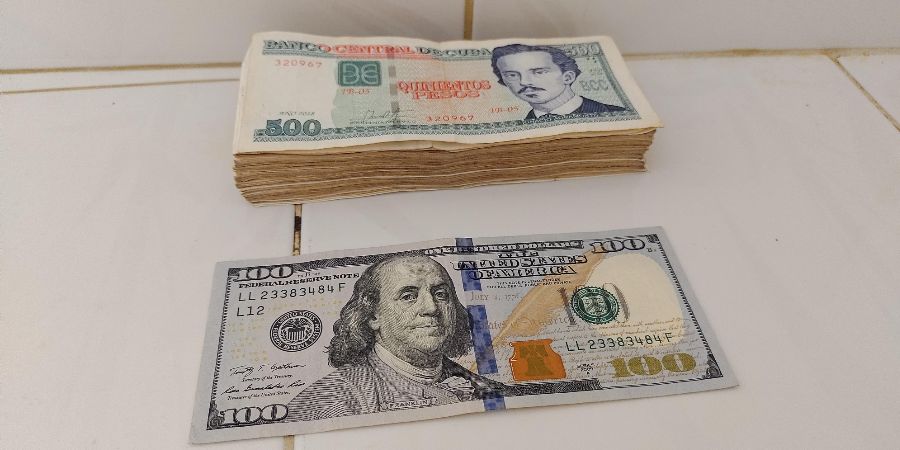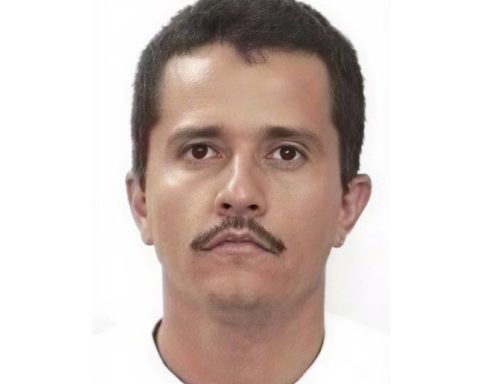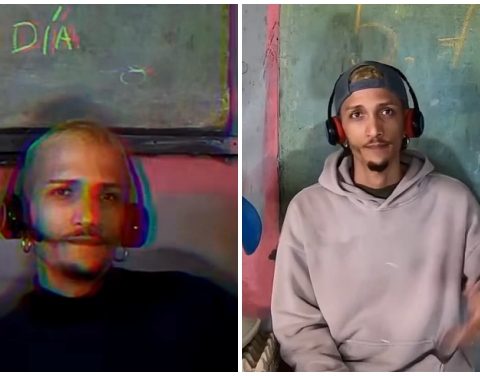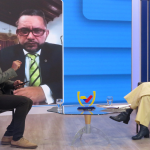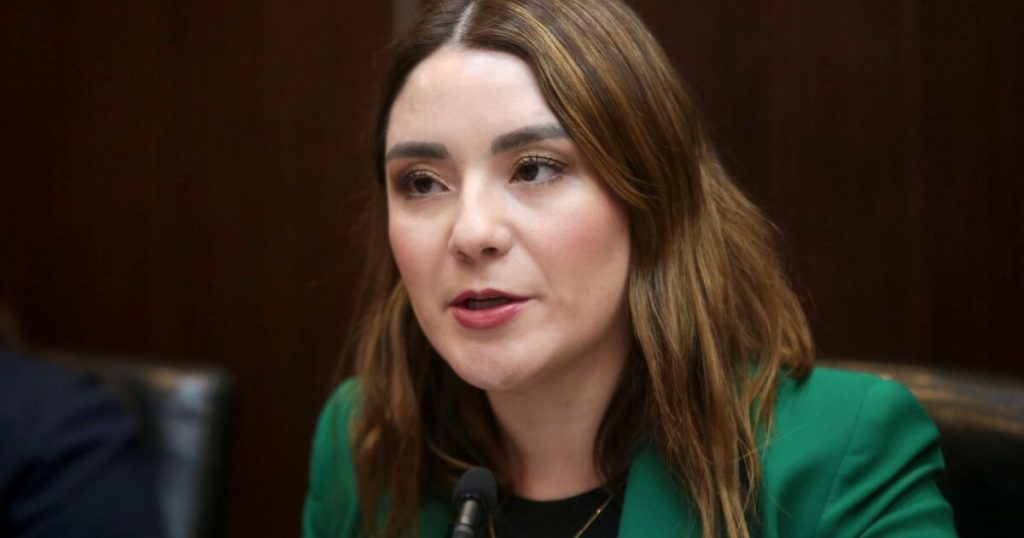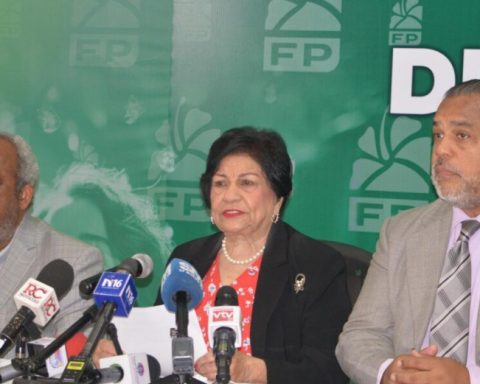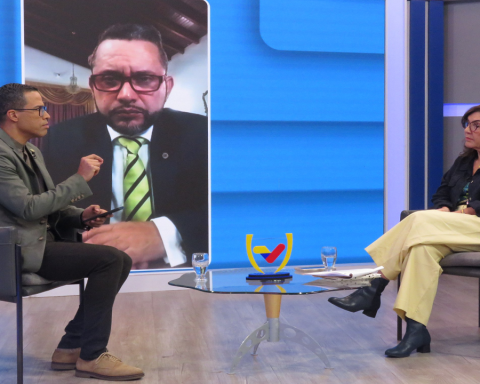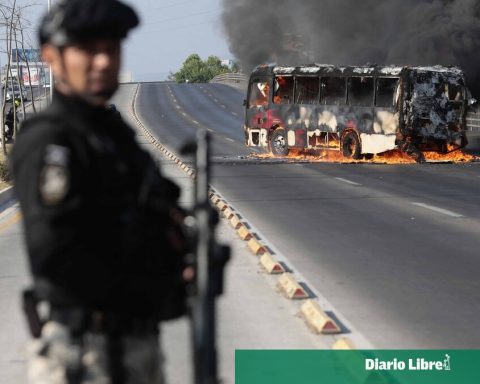HOLGUIN, Cuba. – The recent warning from the official journal Granma The article on new sanctions for the exchange of foreign currency in the informal market reaffirms the inflexible position of the Cuban regime. Signed by the judge of the Supreme People’s Court, Jesús Ramón García Ruiz, published last Wednesday, presents a strict and severe position on unauthorized monetary operations.
Thus, Granma warns, in a threatening and categorical tone, that any currency transaction outside the procedures established by the Central Bank of Cuba (BCC) It is illegal and will be subject to severe penalties. The trafficking of coins and precious metals is classified as a crime, and it is recalled that, according to Decree-Law No. 361 of 2018, the BCC is the only entity authorized to regulate monetary and exchange policies.
The article also breaks down the legal implications of buying and selling coins in the informal market under the Cuban Penal Codewhich provides for prison sentences and fines. It highlights that any transaction outside of official channels is not only illegal, but can also result in the confiscation of funds and exposure to crimes such as fraud or theft, with no possibility of restitution during the judicial process.
In this scenario, on the one hand, the harsh economic reality in Cuba has led many citizens to opt for the informal foreign exchange market as a salvation in the face of the persistent shortage of dollars and euros in the official financial system and, on the other, the chronic lack of foreign currency in the regulated market has led to a growing demand for informal foreign exchange transactions, which citizens have tried to satisfy through unofficial means.
The regime claims that the informal market is detrimental to the national economy and seeks to eradicate these practices in order to maintain tight control over exchange rates and monetary policies. However, it overlooks the underlying causes of the informal market’s proliferation. The lack of foreign exchange supply in the official market, coupled with an exchange system that does not reflect economic reality, has created a vacuum that the informal market has filled out of necessity.
The regime’s policy of sanctions can also be seen as a tool of control and repression. Instead of addressing the root causes that have led to the emergence of an informal currency market, the regime opts for a punitive approach that further restricts the options available to citizens.
The use of legal mechanisms to deter transactions in the informal market and sanction participants can have an impact on ordinary people simply trying to manage their personal economy in an environment marked by shortageBy punishing these activities, the regime appears to ignore the desperate circumstances in which many find themselves, exacerbating the economic crisis rather than alleviating it.
Cuba’s economic crisis cannot be understood without considering the political and social context. The lack of structural reforms and the ineptitude of the Cuban rulers in managing the economy have brought the country to a critical situation. Recent economic measures have not stopped the crisis. Inflation has increased alarmingly: the Cuban peso has been devalued and the cost of basic goods has risen. This devaluation has triggered an uncontrolled increase in the value of the currency in the informal market, where the population is desperately seeking to preserve its purchasing power.
Numerous attempts by the regime to stabilize the Cuban peso have been ineffective. Policies such as monetary unification, the so-called banking, the creation of the Ticket application to schedule appointments for the purchase of freely convertible currencies, and blame the portal The touch By encouraging the devaluation of the national currency, they have only made the situation worse.
These measures have been a resounding failure. The recent arrest of the former Minister of Economy and PlanningAlejandro Gil Fernández, for “serious errors” further worsen the situation. After five months of detention, neither the specific charges nor Gil’s legal situation have been disclosed.
On the other hand, and given the absence of legal avenues to acquire large volumes of foreign currency in Cuba, Micro, small and medium-sized enterprises (MSMEs) have become the main buyers in the informal market. Most MSMEs import goods that are then sold in national currency on the Island.
Key questions then arise: where will these companies obtain the foreign currency needed for their imports? Will the regime penalize owners of MSMEs for buying foreign currency on the informal market, the only place where large amounts can be obtained due to the lack of foreign currency in state exchange offices?
Currency controls and sanctions against the informal market reflect an economic strategy that prioritizes state control over economic flexibility. The insistence on maintaining strict control over currency operations, together with the threat of severe sanctions, only contributes to an even more complicated economic environment and a crisis that seems never-ending.
OPINION ARTICLE
The opinions expressed in this article are the sole responsibility of the person issuing them and do not necessarily represent the opinion of CubaNet.
Follow our channel WhatsApp. Receive the information from CubaNet on your cell phone through Telegram.
